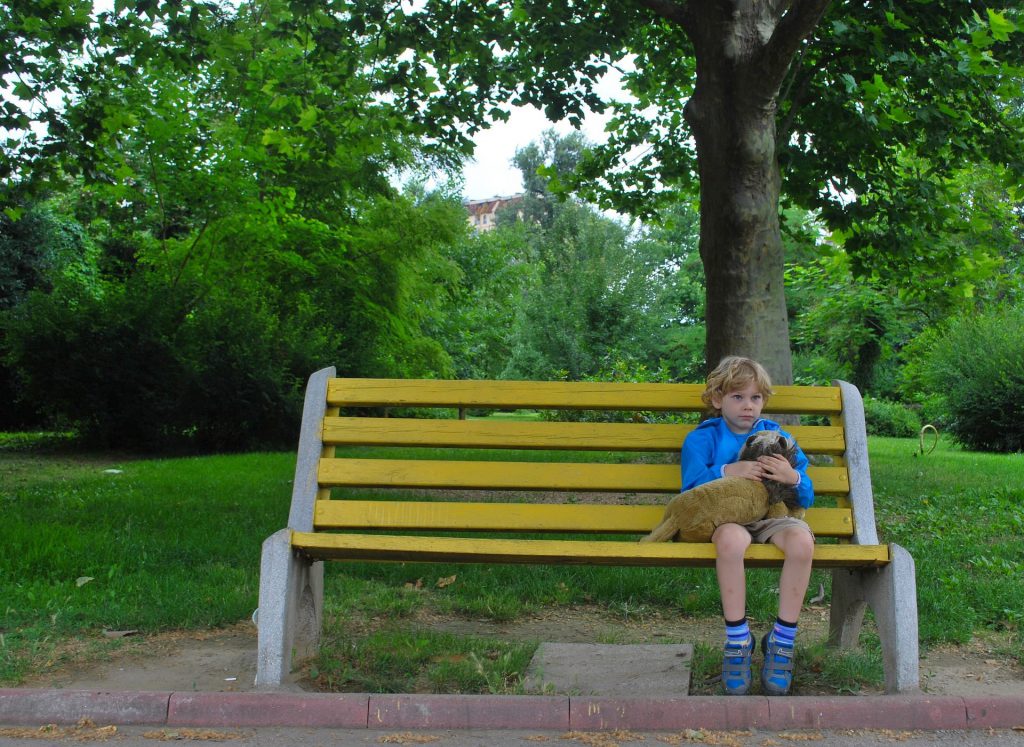
How to Deal With an Unhappy Expat Child
Moving to a different country is daunting for anyone but it can be even more confusing and distressing for children. Adjusting to a new environment, leaving loved ones, starting a new school and having to make new friends can be a lot for children to deal with. Although young children are known for being resilient a change this big can often cause them to become happy and often, the older the child, the greater the risk.
If you ware worried that your child might be unhappy after moving abroad here are a few tips for dealing with their mood.
Look out for the signs
If your child is struggling with the move abroad there are usually some recognisable signs that you can look out for.
- wanting to be alone
- shutting themselves in their room
- frequently contacting friends/family back home
- not making any new friends
- withdrawn behaviour
- aggressive or disruptive behaviour
- subdued mood and change in temperament
These signs can often be overlooked, especially amid a big move abroad but it’s important that if you are moving overseas with children that you keep an eye out for these signs.
Accept their feelings
It can be easy to dismiss a child’s moods or reassure them that they will be okay in time but to them, this may feel like you’re not taking them and their feelings seriously and can add to their despair. It’s important that if you spot the above signs or your child actively tells you they are unhappy that you acknowledge this and have an open conversation with them about it instead of dismissing it and reassuring them that things will get better.
Communication is key and it’s vital that you begin and open and honest discussion with them about how they feel and why they are feeling like that, making sure the conversation ends on a positive about your new life and ways that you can improve things.
Keep routine
Try to make your home life in your new home country as settled as possible. Sticking to the same routine that you had before the move can help everyone to settle quicker.
Do exciting weekend things
When it comes to the weekend make sure you plan some exciting things to do. Exploring your new area so that you and the family become more familiar with it is a great idea. Also, planning fun family activities at the weekend will give your child something to look forward to and some motivation to get them through the week.
Don’t go home too soon
Although it might be tempting to return back to your previous home, especially if you know your child is struggling, try to wait it out as long as you can. Taking your child/children back within the first six months can unsettle them and take them longer to find their feet.
Make friends with other parents
Making friends with other parents of the children at the same school could encourage your child to do the same. Go to the school gates, got to an activity evening or parents evening at the school and approach fellow parents explaining your situation. You could arrange meet-ups and this may help your child to form a friendship with fellow children.
Rather than dismissing their thoughts and feelings, try to understand them and figure out how you can help to improve their happiness. Listening to them and working with them could really help them to settle.
